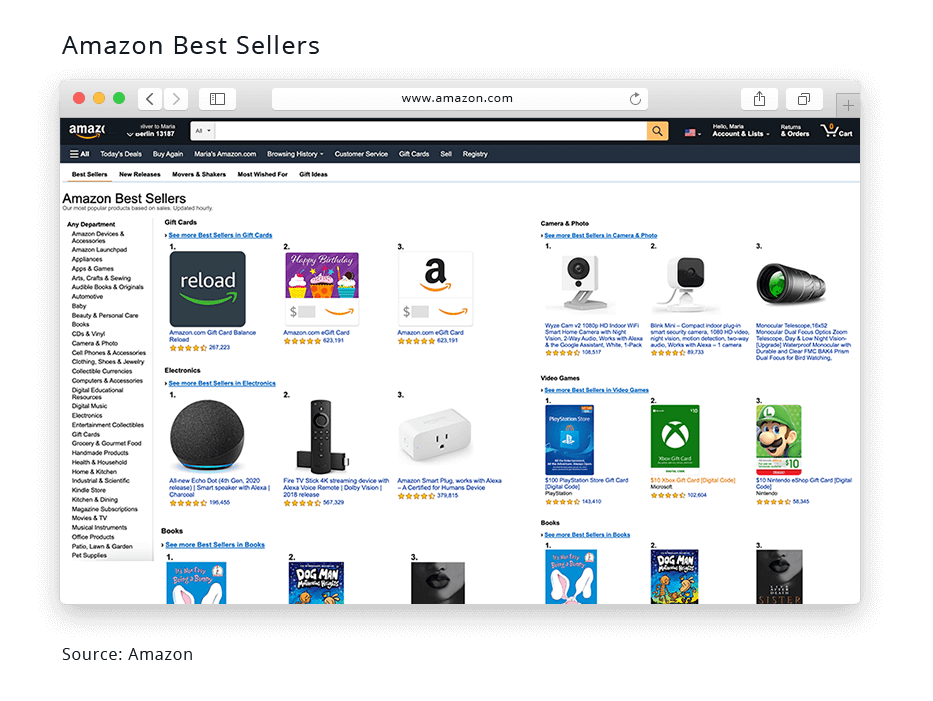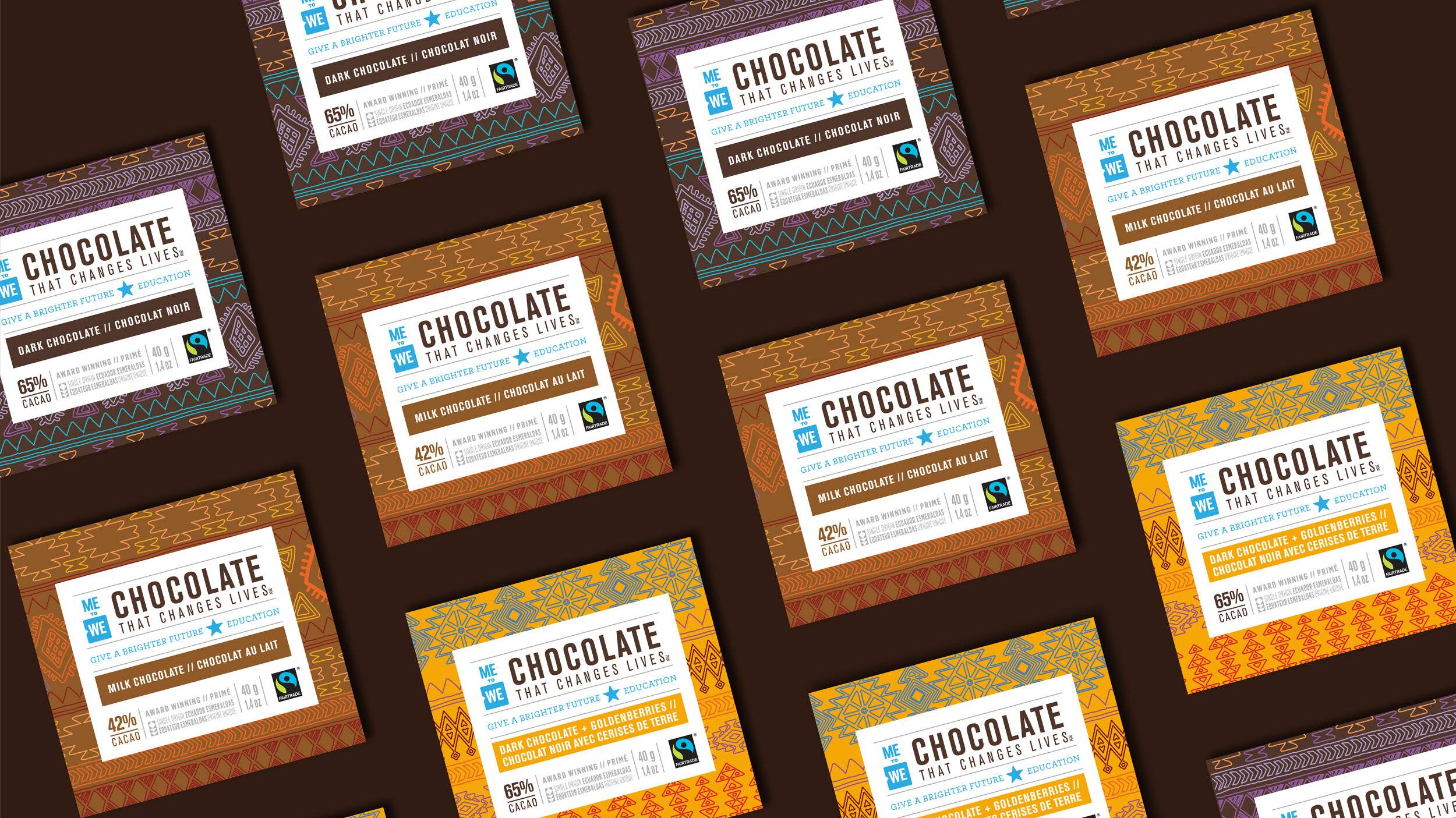
A recent Consumer Reports investigation found that a large number of juices, including apple, grape and fruit blends, contain traces of lead, cadmium or arsenic. Mercury, which can cause cancer and neurological problems in high doses, is also found in some juices.
There is concern over the presence of toxic substances in food, drinks, and many consumers are alarmed to find one in their favourite product. Many companies do extensive testing on their products before they are put on shelves.
FDA is investigating arsenic in apple liquid and has been working to establish a limit for the amount of organic arsenic permitted in ready-to eat apple juice. The agency says it wants to ensure that the juice is safe for children and that the risk of harm to health is minimal.
Inorganic arsenic in apple juice can be a serious concern because it is a known carcinogen that can cause bladder, lung and skin cancer in people. It can also damage the immune system, increase the risk of heart disease and diabetes and lower a person's IQ.

There has been a shift over the years in the way juice is made. Some companies use apple-juice concentrate from China because of its high arsenic content in the groundwater. This concentrate can be diluted with water before being sold to consumers as juice.
Blending apple-juice concentrate with water is a controversial process that increases arsenic potential in the final product. According to Food Safety News, a number of juice companies have voluntarily recalled their juices, including Tropicana 100% Apple Juice, Nature's Own 100% Apple Juice, and Red Jacket Orchards 100% Fuji Apple Juice Never from Concentrate (PDF).
Inorganic and inorganic arsenic have been linked to cancer, renal and skin diseases, neurological disorders in people, and can also result from rock erosion or volcanic eruptions. However, the EPA suggests that you don't drink water containing more that 10 parts per million of total arsenic. This is not always possible.
Because arsenic naturally occurs in some regions of the globe, it is not unusual for trace amounts to be found in foods and beverages produced overseas. Some of these substances may also be contaminated with pesticides.
Children are especially vulnerable to the toxic effects of inorganic Arsenic. This is because their systems for processing chemicals are weaker and their bodies cannot absorb them fully. A study from the CDC suggests that kids who consume juice with high levels of arsenic may have impaired brain development, a lower IQ and other health issues.

Juices that are free from arsenic are being sought out by a growing number. You can find some of these juices online or in grocery stores.
CR tested 45 apples, grapes and juices from national and private label brands to find traces of cadmium. It found that 21 of the 45 samples had "concerning" levels for at least one of these metals. Some of these brands, like Welch's brand or Trader Joe's Fresh Pressed Apple Juice exceed the FDA's limit of inorganic Arsenic.